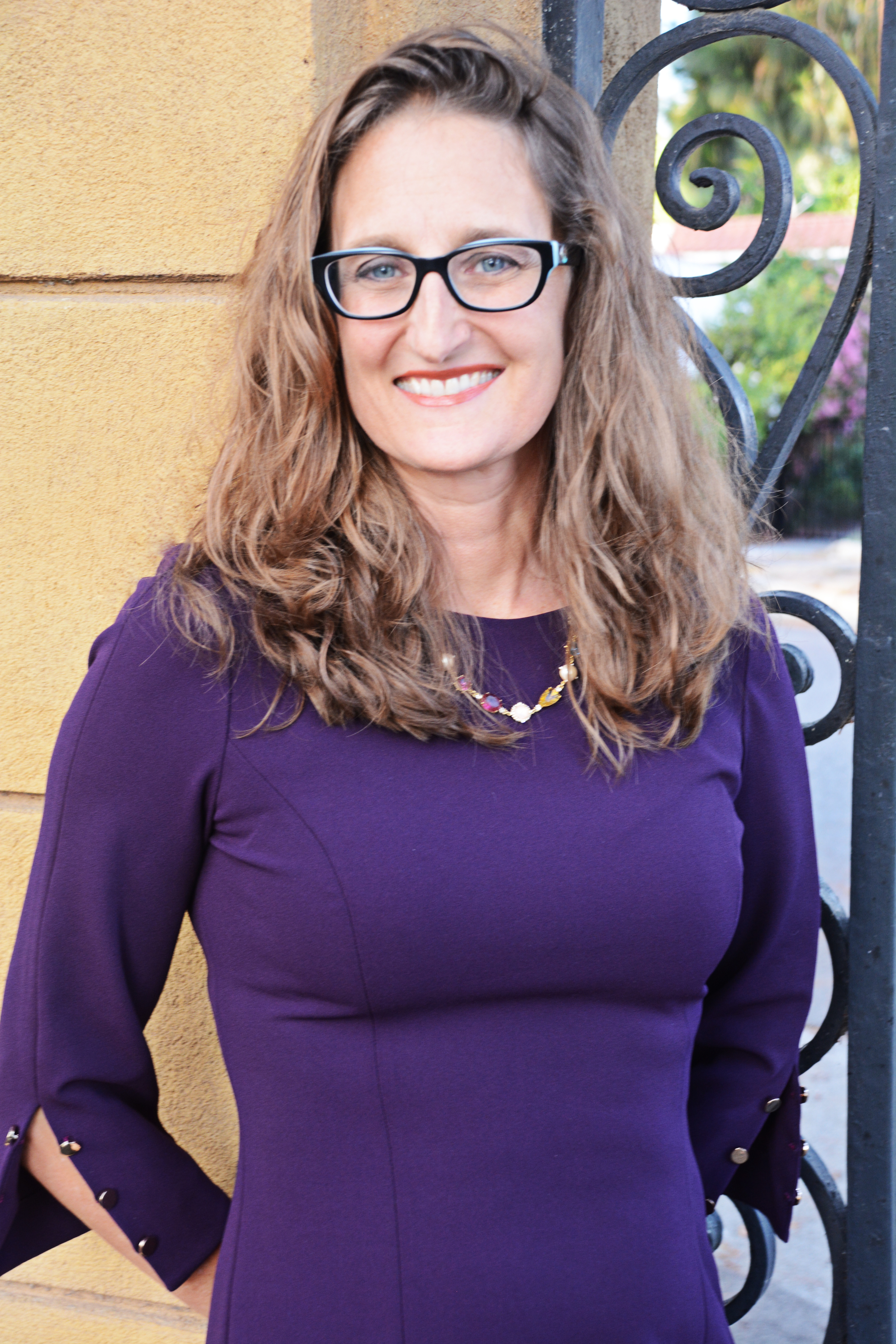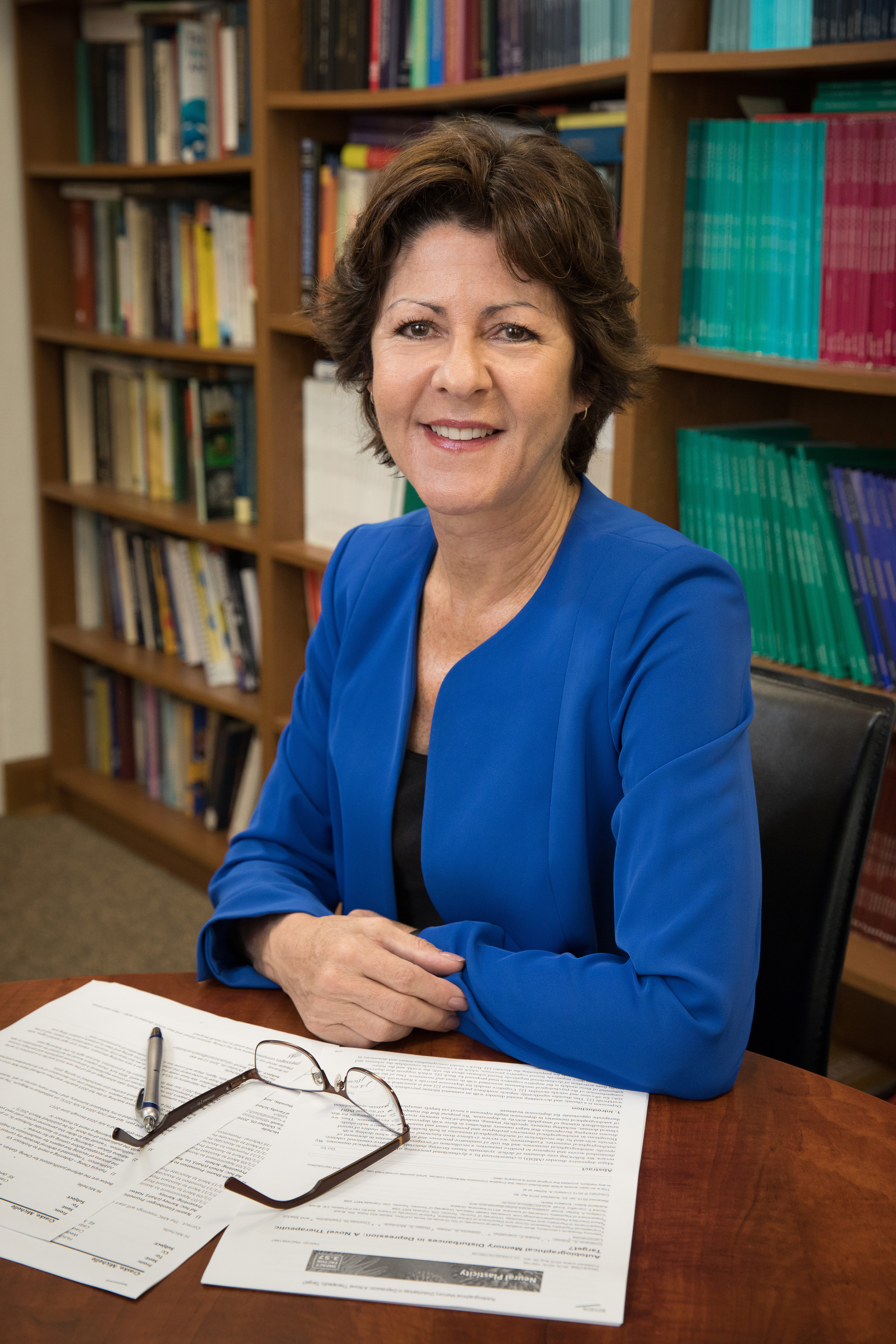News
2024 Mobile app available for downloading
Thank you for registering to attend the EPA Conference! We’re excited to once again provide a mobile app for the event. The mobile app, provides up-to-the-minute information such as the latest agenda, updates from the conference planner, speaker information, maps, exhibitor and sponsor details, your personal schedule planner and more. IMPORTANT: Please download the app prior to your arrival at the conference.
To get the EPA mobile app:
** For Apple iPhone and iPad users – if you have your device set to require your Apple ID when downloading apps, please be sure you are familiar with your Apple ID.
iPhone and iPad users—search "EPA Annual Meeting" on the Apple App Store.
Android users—search "EPA Annual Meeting" on the Google Play Store.
NEW: Once you’ve done that, you will login with your email address and the password “psychology.” Look over the program and build your personal schedule.
Thanks! We look forward to seeing you at the conference and we hope you enjoy using the mobile app!
2024 Program and Flipbook
Introducing FlipBook, our newest digital addition to the meeting.
Many of you probably read books online and EPA FlipBook replicates that experience. Reading the FlipBook feels like you're turning pages through a printed book, but with more content and convenience! Here are some features:
- The FlipBook is extremely portable – you can view it conveniently on any digital device.
- Navigate the FlipBook and find what you're looking for quickly through a keyword search.
- The FlipBook has Interactive content such as embedded links and videos. For example, listen to EPA President Amy Hunter’s welcome statement by clicking the button next to her picture on page i. Or click on a full-page ad at the back of the book. You’ll be taken to a university web page to explore graduate programs. Click again and watch a video about the program. In the future, we hope to incorporate more of the potential of the FlilpBook into our conference proceedings. Here’s the link to download the FlipBook:
https://epa2024conference.omnibooksonline.com/#p=1
We hope you enjoy it and we’d like to hear about your experience with it. Send any comments to: epaexecofficer@gmail.com.
Second, if you prefer a bound, paper version of the program, it too will be available in Philadelphia. For some of us, a bound copy sitting on a bookshelf, next to all the copies we’ve collected over the years, is an essential archive of EPA conferences. A limited number of the bound program will be available at the conference for $20. To reserve a prepaid copy for pick up at the conference, send your request to: epaexecofficer@gmail.com.
Third, as has been the case for several years, we will provide a free, downloadable digital app for your use at the meeting. The popular mobile app, provides the entire program and schedule, plus information about our keynote speakers, our exhibitors and sponsors, links to restaurants and museums in Philadelphia, announcements about meet and greet receptions and last minute updates to the schedule. The mobile app is an essential tool for efficient navigation through the conference. Instructions for downloading the mobile app to your phone, or tablet will be provided early next week
2024 Program Schedule and Daily Calendar
The program schedule is now available for viewing HERE. If your submission was accepted, you will find your name in the index. You will be able to find your short abstract and time of presentation on the indexed page in the program. Please check your abstract, your title and your authors for any spelling errors or omissions. You will have only one chance to make corrections before we send the final version of the program to the printer. Congratulations again on your acceptance!
A daily calendar is available for viewing HERE. The calendar shows all scheduled events, their times and locations.
Conference planning
Program submission decisions have been completed and letters informing you of those decisions were mailed yesterday. If you did not receive a letter, please check your spam mailbox before contacting EPA at epaexecofficer@gmail.com.
The schedule of presentations will be available in the next 10 days. We hope that regardless of when your presentation is scheduled you will plan to attend the entire meeting, which starts the evening of February 29 with the Psi Chi keynote address by Dr. Sara Jaffe, a developmental psychologist, and ends on March 2. If you are a student member of EPA, you should think of the meeting as a learning experience, an opportunity to meet students from universities other than your own, an opportunity to learn from faculty leaders in our field. It’s also an opportunity for networking at social events and learning about graduate study and career opportunities in a workshop.
The 2024 conference of the Eastern Psychological Association meeting, will be held at the downtown Marriott Hotel in Philadelphia on February 29 - March 2, 2024. Rooms may be reserved at the special rate of $209 (single/double + tx) before February 6th, 2024 (the cut-off date) by clicking the link:
https://book.passkey.com/go/EASTERNPSYCHOLOGICALASSOC2024
Essay Competition
We are pleased to announce that Brittany Vincent, Kayleigh Keenan, Courtney Pisano and Anthony Loiacono from St. Joseph’s University (NY) have been chosen as the winners of EPA’s gun violence essay competition for their research proposal, “Examining the effect of threatened masculinity on gun violence.” We will post a version of that proposal on our website in the weeks ahead and the proposal will be presented as a poster at this year’s conference in Philadelphia. The authors will be present to accept an award and to discuss their essay at the conference. The proposal also will be published in a forthcoming special issue of Psychological Reports on gun violence. The EPA Board of Directors extends its congratulations to the winners.
Virtual APA Graduate School Fair
See announcement under Resources tab
Keynote Addresses
The meeting will also feature a number of invited keynote addresses highlighting recent scientific advances and presented by leading figures in the field. Here is a partial listing of those addresses:

Jennifer Martin, Ph.D.
School of Medicine
UCLA
Presidential Invited Keynote/Clinical Keynote
Title: Treating insomnia: cognitive behavioral therapy and beyond
Description: This talk will discuss evidence-based psychological treatments for insomnia disorder, and highlight new treatment innovations focused on incorporation of components of acceptance and commitment therapy into treatment.

Michelle G. Craske, Ph.D.
UCLA Anxiety and Depression Research Center
Fred S. Keller Distinguished Lecture
Title: Targeting extinction learning and reward sensitivity in behavioral treatments for anxiety and depression
Description: Exposure therapy is an effective intervention for fears and anxiety disorders, but a substantial number of individuals fail to respond or show a return of fear. Translation from the basic science of extinction learning offers strategies for increasing response rates and reducing return of fear after exposure therapy.
.png)
Allyson Mackey, Ph,D.
University of Pennsylvania
Psi Chi/Developmental Keynote
Title: Environmental influences on brain plasticity during childhood.
Description: Children’s brains need to be plastic: they need to rewire in response to new experiences. Brain plasticity is constrained by maturational processes like myelination and inhibition; and enhanced by motivation and its associated neurotransmitters. Unfortunately, early life stress can both speed up maturation, and impact motivation circuits in the brain. This talk will explore how early adversity influences maturation and motivation in humans, with consequences for how children think and learn.
.jpg)
Kenneth Carter, Ph.D.
Oxford College of Emory University
Teaching Keynote
Title: Psychology in Context: Thrill-Seeking as a Case Study for Integrated Learning
Description: Organizing a course around a central theme can provide much-needed context to help students learn psychological concepts. A rich central theme can advance critical thinking, increase motivation, and foster active learning. In this presentation, I’ll demonstrate how the psychology of thrill-seeking can serve as such a theme.
.png)
Cognitive/Social Keynote
Martha Farah, Ph.D.
University of Pennsylvania
Title: The Cognitive Neuroscience of SES and its
Social Policy Implications
Description: What has neuroscience taught us about socioeconomic disparities in
cognitive ability and mental wellbeing?The field has begun to make progress, which I will
attempt to summarize in the first half of this lecture.Does neuroscience have anything useful to contribute
to reducing the disparities just mentioned, byimproving the cognitive and affective lives of SES
individuals? This is a harder question to answer, but Iwill share thoughts on prospects for effective
neuroscience-informed policy.
.png)
Applied/International/History Keynote
Jutta Schickore, Ph.D.
Indiana University
Title: Historical perspectives on scientific method: Control, replication, and uncertainty
Description: Best practices in experimentation are often characterized as “rigorous”, whereby scientific rigor is defined as “the strict application of the scientific method to ensure unbiased and well-controlled experimental design, methodology, analysis, interpretation and reporting of results” (NIH). “Scientific rigor” is a recent term, but concerns with robust and unbiased inquiry date back to pre-modern times. This talk examines past understandings of best practices in research, focusing on control, replication, and the fallibility of scientific research.



